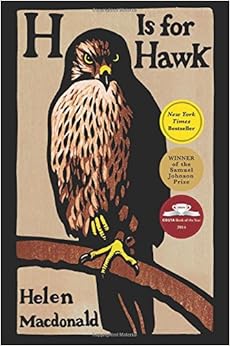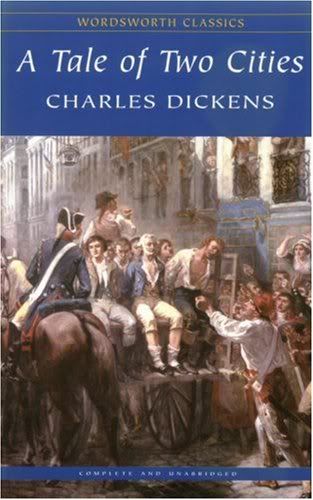Struggling with bereavement, Macdonald decides to buy a goshawk off a man in Northern Ireland. She is an experienced falconer, has been inspired by birds and training them since a small girl, but the goshawk is a challenge. Brilliantly Macdonald describes her growing relationship with the hawk in vivid details which are sublimely readable and often disturbingly beautiful. In parallel to this she details TH White's (author of the 'Once and Future King') past struggle training his own, hot-tempered goshawk. There are interesting comparisons; however, it is Macdonald's exploration of the relationship between the loss of her father and the attachment to her hawk where, as one reviewer put it, the book really 'sings.'
Having read books on mindfulness, I cannot help but see Macdonald's memoir as a mindful re-engagement of humanity through nature. She realizes the limitations of the hawk, its essential wildness, and mirrors this in herself. There are, of course, subtle references to climate change and our transforming countryside. As a reader, I am in awe of Macdonald's total immersion in nature and the livelihood of her hawk, but there are warnings of getting too close. This is what makes the book soar even higher; there is an underlying, highly relevant critique on humanity's link to the environment. Can human consciousness ever be harmonious with wild nature? Or are the two things the same? This is what lifts the book into higher realms.
It soars, it bates, it is wild in your hands; 'H is for Hawk' is a book with wings.

